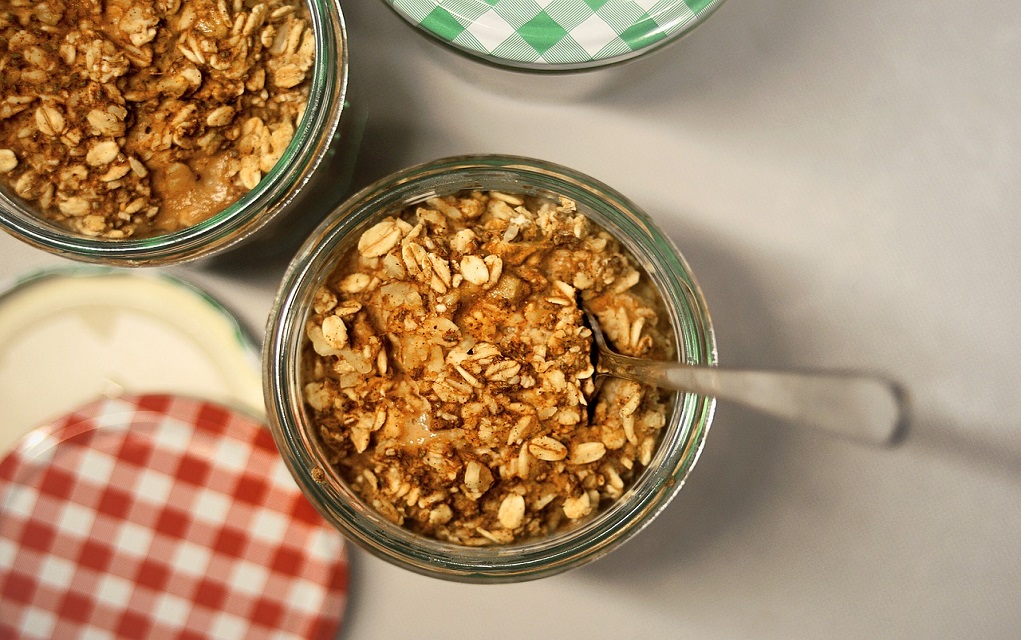Isn’t it strange that people always talk about whole grains as if they were some magical ingredient that makes people’s lives better? Well, nothing strange about that, because they are indeed something awesome for people to include in their food.

Nowadays, you repeatedly see the words “whole-grains” all across the most famous diets in the world. You need whole grain bread, whole grain pasta, whole grain cereals etc. in order to have a healthy diet. Well, no wonder the best nutritionists in the world are trying to incorporate whole grain products in your healthy diet, and here’s why you should listen to them.
Why are whole grains the best?
First of all, let’s make the distinction between whole grains and refined grains. The whole grains contain all of the beneficiary things that your body need. They are the better source of fiber as they are unrefined and haven’t had their bran and germ removed by milling. Refined grains are healthy as well, but contain a little less fiber.
Now that we made that distinction, let’s substantiate it with evidence. Whole grains are sources of many nutrients: B vitamins, magnesium, selenium, iron etc. which are very important for your immune system, biological functions and prevention of many diseases, heart disease being the number one. So, it is clear that whole grains are pretty important for your health.
If we put the (essential) health factor aside, let’s talk about what interests you the most: how is it helping you be fit? Generally speaking, people who consume a lot of whole grains in their daily diet tend to be slimmer. But why is that? The fiber in the whole grain that we described above is the answer. The dietary fiber that you consume will make you feel full, so it would help you eat smaller portions than you normally do – meaning you’ll consume far less calories than you used to.
Types of whole grains:
Wheat
Triticale
Corn, including whole cornmeal and popcorn
Quinoa
Oats, including oatmeal
Rice, both brown rice and colored rice
Amaranth
Barley
Millet
Rye
Buckwheat
Sorghum (also called milo)
Teff
Wild rice
